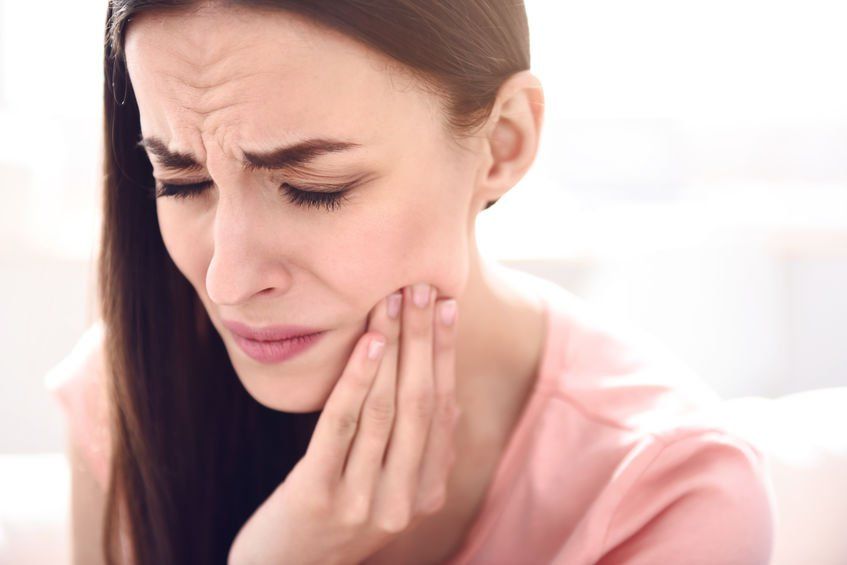Tooth Sensitivity during Winter Months
- By Mary Marks
- •
- 16 Dec, 2019
- •

Many people experience increased tooth sensitivity during winter months. This sensitivity manifests itself as sharp pain in the teeth when drinking hot or cold beverages or even drawing a breath outside. Most of the Denver sedation dentistry offices offer services that can help with tooth sensitivity. Here are some of the main reasons for tooth sensitivity in the cold season:
1. Increased Consumption of Hot Drinks
The simplest way of warming up during a cold winter day is drinking a hot tea or coffee. And we tend to drink several mugs of hot beverages each day. The sharp difference between outside temperature and the high temperature of the drink favors tooth sensitivity.
2. Excessive and Harsh Brushing
Being overzealous while brushing your teeth will do you more harm than good. When you push the bristles of the toothbrush and increase the friction, you risk harming the enamel of the tooth. This is the outer protecting layer that keeps the tooth sealed off from outside damage. Tooth sensitivity is one of the signs of weakened or cracked tooth enamel.
3. Sensitivity to Cold Weather
Some people fare less well than others during the cold season. They fall victims to seasonal colds, have cold hands and feet and suffer from the winter blues. These people are also more likely to suffer from tooth sensitivity, as well. However, they have already developed habits to protect themselves from the cold, such as bundling up when they go outside and avoiding unnecessary trips during very cold days.





Although oral sedation dentistry Highlands Ranch is one of the optionsavailable for managing anxiety and discomfort during oral surgery, you certainly do not need to use it all the time. As a matter of fact, the exact type of sedation or anesthesia that you receive during oral procedures may depend on various factors, such as the complexity of the procedure, your medical problems, as well as your doctor’s preferences.
There can be several different levels of sedation that can be used in oral surgery. Local anesthesia is one of them. This involves injecting anesthetic medication into the specific area where the surgery will take place. It numbs the area and is often used for less invasive procedures.
Oral sedation involves taking medication in the form of a pill to induce a state of relaxation and drowsiness. The patient is still conscious, but he/she may not be fully aware of the procedure. At any rate, sedation helps him/her get rid of anxiety.
In the case of intravenous sedation, medication is administered through a vein, which induces a deeper state of sedation than oral sedation. Patients may still be conscious, but they are less aware of their surroundings and may not remember the procedure.





